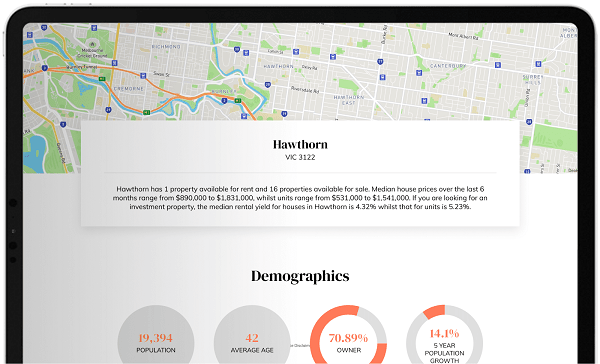Is your Vegetable Garden Prepared for Summer
Summer Veggie Gardening in Melbourne
Summer gardening is not that difficult if you are well prepared. So, it is important that you create an environment that will give your plants every chance to survive.
Here some suggestions to help your garden survive this summer that shouldn’t take to much effort.
Do you intend to create an area for new plants? Then use water crystals, soaked in a weak seaweed solution to promote root development, in the bottom of the planting hole. Don’t use them in the vegetable garden or garden beds that you dig over as you will end up with crystals near the surface of the soil, which is not good.
A great water save is mulch. All your garden beds and pots should be covered by a layer of mulch. You can use any type of mulch but make sure there are no weeds or seeds.
If soil or potting mix gets really dry, it can become water repellent, making it difficult to wet again. If this happens, you will need to correct the problem by using soil wetters. Look for those that are based on natural substances rather than petroleum derivatives.
Plant selection is the other key thing for surviving the summer heat. Mediterranean herbs, like rosemary, oregano, marjoram, thyme and basil, don’t really care how hot it gets.
Tender ones like coriander and dill will go to seed more quickly in summer, so plant them where they will get just a few hours of sun in the morning and be in the shade for the rest of the day.
Choose loose leaf varieties of lettuce and grow them in semi-shade. You can put a simple light shade structure over your vegetable garden for the next few months to protect your crops.
Tomatoes, chillis, capsicum, sweet corn, cucumbers, beans, eggplants, watermelons, rockmelons and pumpkins will all thrive through summer.
Caring for your vegetable can be fun and rewarding. Pay attention each day and try and maintain a certain level of water to all your plants. Look for weeds and try and identify any bugs that might take a liking to your plants.
What vegetable plants are best for summer in Melbourne?
6 vegetable plants that grow in late summer


